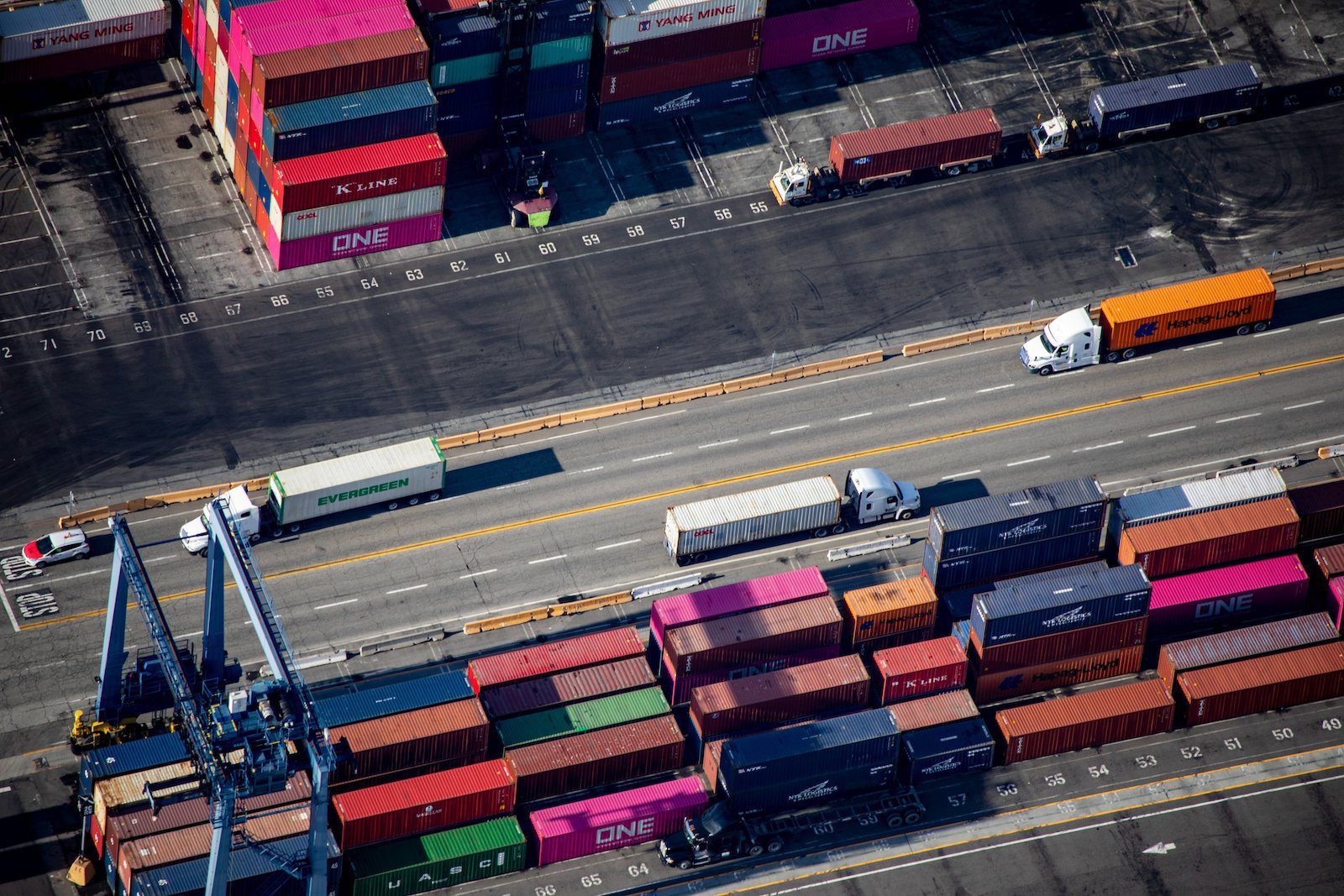The U.S. Supreme Court is set to hear arguments in November regarding the legality of tariffs imposed by former President Donald Trump. If these tariffs are deemed unlawful, the United States could be compelled to refund approximately $80 billion in customs duties collected this fiscal year. This potential ruling has raised concerns about the administrative challenges and financial implications for both the government and businesses.
Trump’s tariffs, which have generated significant revenue, have been a cornerstone of his trade policy. The tariffs currently in place have accumulated around $165 billion in customs duties. Should the Supreme Court rule against the legality of these tariffs—under the International Emergency Economic Powers Act—the government may face a bureaucratic crisis as it processes refunds to countless companies that paid these fees.
The process of issuing refunds is typically slow, often involving paper checks. While the government could theoretically expedite this process, experts express skepticism about the likelihood of such an initiative. Lynlee Brown, a global trade partner at EY, stated, “Customs isn’t just going to hand importers a bunch of money.”
Businesses are already feeling the effects of uncertainty surrounding the outcome of the court case. Some importers, like Harley Sitner, owner of Peace Vans in Seattle, have lost faith in the possibility of receiving refunds. Sitner noted, “I have zero faith we’d ever get anything. Just zero.” The unpredictability of tariff assessments has led him to halt overseas shipments, as he frequently receives unexpected bills that strain his operations.
The increase in customs duties, which rose by $95 billion from the previous year, is attributed to Trump’s tariffs on imports from various countries. Two lower courts previously ruled that the imposition of these tariffs was not authorized under the law cited by Trump. If upheld by the Supreme Court, this could mean substantial refunds for many businesses.
Despite the ongoing government shutdown, operations related to tariffs have continued. The U.S. Customs and Border Protection agency routinely processes refunds for overpayments. However, the refund process is complex and requires importers to navigate strict timelines and file precise paperwork. Most refunds are still issued as paper checks, which complicates matters further, especially for foreign importers who must rely on international mail or U.S.-based brokers.
The potential for a surge of refund checks being mailed out raises concerns about logistical challenges. According to customs consultant Tom Gould, “It’s possible that we’ll see millions and millions of paper checks being mailed out because each shipment, each customs entry, will have its own.”
There are strategies the administration could implement to streamline refunds, such as automating claims based on existing data. Previous examples, like the Generalized System of Preferences program, demonstrate that Customs can expedite refunds when necessary. However, if the Supreme Court rules in favor of refunding tariffs, businesses may still need to submit individual claims, creating additional hurdles.
As the situation evolves, the complexity of financial transactions within the supply chain could further complicate the refund process. For example, when importers use commercial couriers like FedEx Corp. or United Parcel Service Inc. to handle tariff payments, the refunds may be issued to the couriers rather than directly to the importers. This could lead to disputes and delays in accessing funds.
As the Supreme Court prepares to hear this significant case, the implications for businesses, the government, and the economy at large remain uncertain. The outcome will not only determine the fate of Trump’s tariffs but also the financial stability of numerous companies that have navigated the complexities of international trade under these policies.
